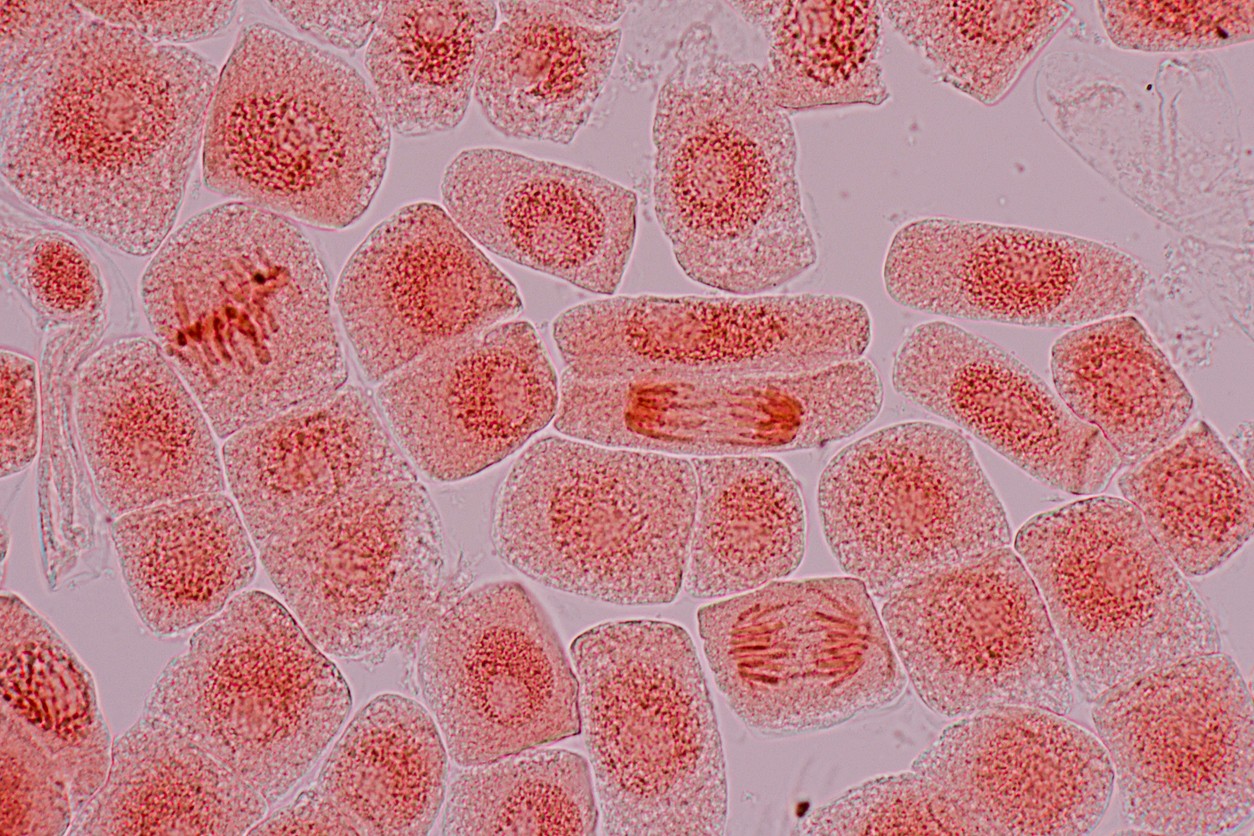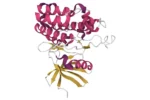What is Epitalon?
Epitalon, also known as Epithalon or Epithalamide, is a tetrapeptide secreted from the pineal gland. It comprises Alanine, Glycine, Aspartic acid, and Glutamic acid. The peptide is speculated to mimic the naturally occurring pineal hormone called Epithalamin. The molecule is thought to bind to and induce the sensitivity of the hypothalamus towards the natural hormone, thereby regulating the circadian rhythm and controlling melatonin production. Positive speculative influences have been suggested in the areas of cell aging, and thereby potentially improving life expectancy, and inhibiting the proliferation of cancer cells (with animal research studies conducted in breast, prostate, and colon cancers).
Mode of Action
Telomeres, sequences present towards the end of the chromosomes, may undergo shortening with each round of replication due to the basal expression and activity of the telomerase enzyme. In subsequent cellular divisions, the sequences may shorten, leading to the loss of crucial DNA elements from the chromosomes. Epitalon is believed to help activate the telomerase enzyme, which may maintain telomeric length and potentially reverse the cell aging process. This mechanism may allow cells to continue dividing, contributing to a greater level of physiological function.
Epitalon and Cell Aging
Cell aging is the natural physiological phenomenon whereby cells undergoing repeated cycles of division may ultimately shorten their telomere length beyond the Hayflick limit. These cells might lose some of the beneficial DNA required for proper propagation, leading to cellular senescence, the onset of aging, and age-related conditions such as cardiovascular diseases and potentially untimely death. Aging cells may either leak out accumulated toxins into the surrounding system or undergo self-degradation (apoptosis or programmed cell death). However, sometimes such aged cells, instead of perishing, might turn rogue and adversely affect tissues of various organs like kidneys, lungs, liver, brain, and heart, causing the onset of diseases.
Epitalon Research
Scientists have examined murine models of the early onset of aging to speculate the effect of Epitalon. Genetically modified mice were used for the research, displaying shortened lengths of telomeres and leading to the early onset of aging. These animals exhibited various physiological impairments like shrinkage in the size of the brain, atrophied spleens, damaged intestines, loss of the sense of smell, and so on. These models were exposed to Epitalon and monitored. One month post-exposure, they exhibited apparent dramatic improvement in physiological parameters. At the molecular level, the chromosomes exhibited a greater length of telomeres, possibly due to enhanced telomerase activity. The exposed animals exhibited the formation of new neurons, growth in the size of the spleen, and regained the sense of smell.
Disclaimer: The products mentioned are not intended for human or animal consumption. Research chemicals are intended solely for laboratory experimentation and/or in-vitro testing. Bodily introduction of any sort is strictly prohibited by law. All purchases are limited to licensed researchers and/or qualified professionals. All information shared in this article is for educational purposes only.






